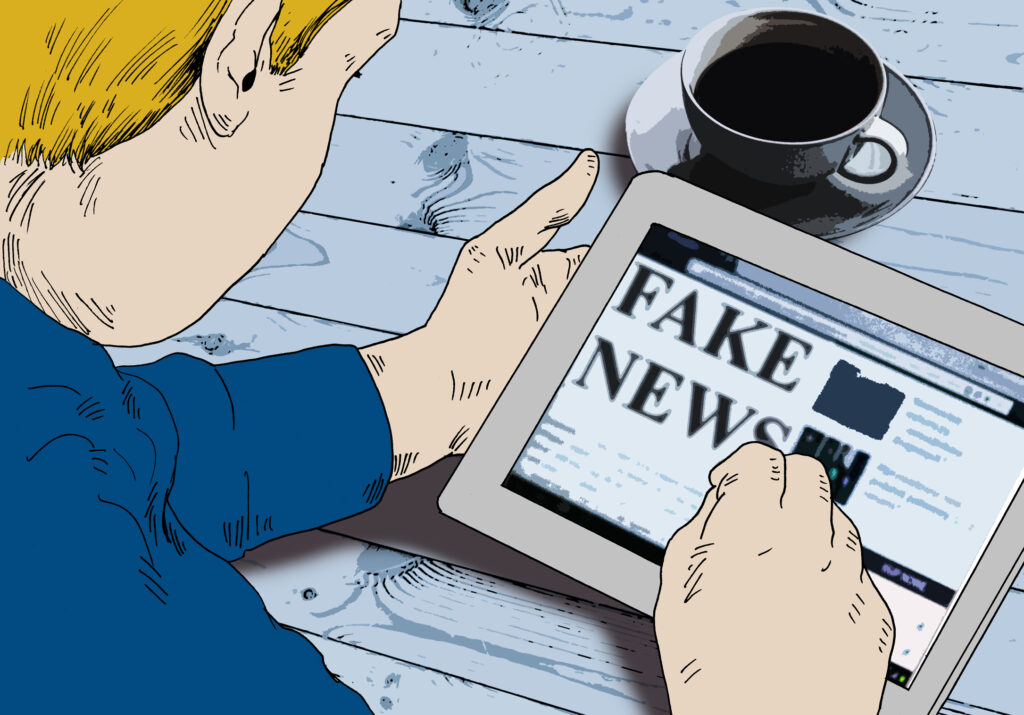
As the world struggles with the Covid-19 pandemic, the surge of fake news to generate traffic for websites has been an ugly side effect of the effort to keep people accurately informed about this dangerous disease. For every honest journalist in search of experts to provide medical information in an effort to curb the spread of misinformation, there seems to be ten hacks spreading lies. Oftentimes, these purveyors of false information rely on shocking headlines rather than factual substance to create viral articles for profit. As experts in the medical field, it is crucial that trustworthy information reaches the public for everyone’s well being. Following are three pieces of advice to give patients that could help stop the spread of misinformation during the Covid-19 pandemic.
- Stick with Official Guidelines – Governments all around the world have recognized that they must rely on their own gathered data to counteract and contain the virus. The Center for Disease Control and Prevention (CDC) and World Health Organization (WHO) are reliable sources of information that helps disseminate what is useful to know during the Covid-19 pandemic since they share their information with other nations. Official websites of such organizations are accurate when it comes to protocols, updated news, and other material.
- Facebook Is Not A Reliable News Source – Though social media can be useful for finding information that is agreed upon by peers, there is also a large number of social media users who don’t understand the concept of “fake news”. They may be sharing news from unreliable sources without knowing how and why internet news articles from uncertified news sites are created. Facebook has said many times in the past that since they are not a publisher, they cannot verify or stop the spread of fake news. Although Facebook is unreliable as a source of news and information about the Covid-19 pandemic, it can be used as a resource to cross reference information to find what information is valid and to reach a large audience.
- Peer Reviewed Journals Are Crucial – These articles are written by experts in their fields and reviewed by their peers to ensure the integrity and quality of the article. Though daunting to comb over, these offer the most accurate, fact-checked pieces of information and are very reliable sources of news and information about many topics, not just the coronavirus.
To counter the vast amounts of fake news infiltrating our daily lives, private entities and government branches have sought out to create services that can fact-check uncertified information sources in an attempt to help the public find useful information. To be absolutely sure about any piece of information, people must get used to verifying news with these fact-checking services so that they, too, can avoid becoming sharers of fake news. Eventually, the problem of spreading misinformation is expected to decrease as more and more people become accustomed to spotting fake news online – but until then, doctors must make sure they guide their patients to the right sources of information.
TukkoMed is the right place for doctors to go when looking for answers. Whether it’s administrative assistance, helpful tips, or even support for qualified medical evaluators, we’ve got it for you. Contact us immediately to find out how we can help you best serve your community.
